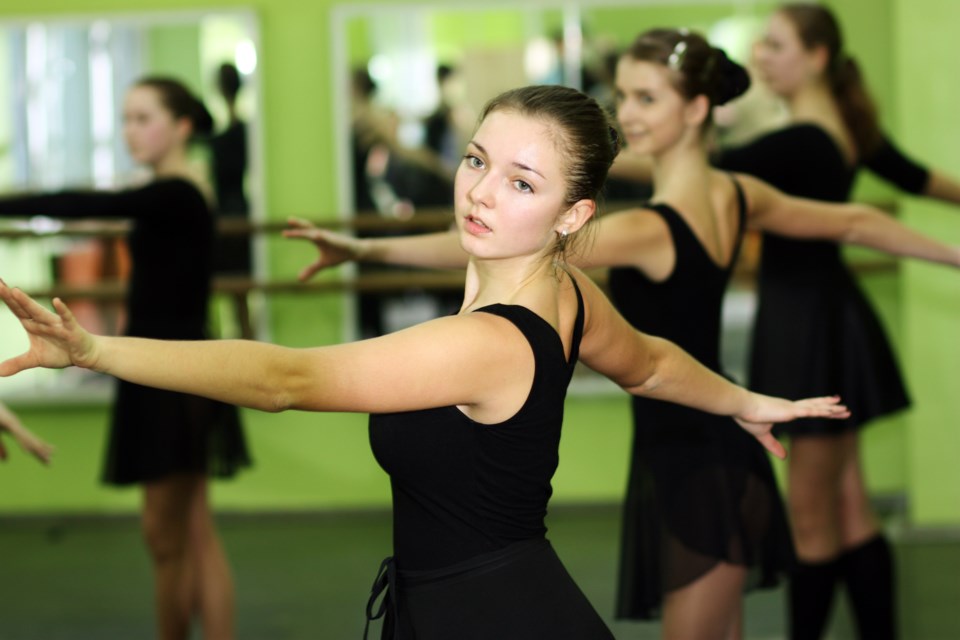NEWS RELEASE
BROCK UNIVERSITY
*************************
A new study on the effects of the COVID-19 pandemic on young dancers and their families is seeking participants.
The study will be run by Brock University Professor Dawn Zinga and Associate Professor Danielle Sirianni Molnar of the Department of Child and Youth Studies and the University’s Dance Research Lab.
Competitive dancers between the ages of 12 and 18, along with a parent, are asked to share their experiences of dance, school and life under lockdown.
“Young dancers and their parents are accustomed to being part of a tight dance community, with many dancers spending well over 10 hours a week with their dance teachers and fellow dancers at the studio,” says Molnar. “The dance studio becomes another family to dancers in many cases, given how much time they spend together and how much they rely on teamwork and communication.”
But as the late winter shutdown began to stretch into spring and summer, dance competitions for young athletes who had been training all year — or for many years — had to be called off.
“Many young dancers are devastated that they are no longer able to perform on stage this year after they sacrificed countless social engagements and involvement in other activities and sports so that they could focus on dance,” Molnar says. “Parents and dancers invested substantial resources to train and compete this year, and suddenly everything that they worked so hard for was taken away without warning.”
Zinga notes the study, funded by a Brock Explorer grant, is part of a series that have been underway since the circumstances of the pandemic forced the team to reposition their ongoing research on dance.
“We have a big body of work that shows the patterns of how families cope with dancing, the benefits that come out of it for kids, things that we may need to watch out for in the studio or that parents need to be mindful of, and how motivation interacts with youths’ enjoyment of dance,” she says.
Previous studies have found dance can improve a young person’s mental health, but also create some risks of amplifying existing issues if care isn’t taken to keep an eye on the dancer’s well-being.
“If, for example, somebody is prone to body images issues, then dance can bring that out more, without careful monitoring, even though dance by itself isn’t going to cause a body image issue,” Zinga says. “We’ve found that even taking into account mental health issues, self-esteem tends to be higher among the dancers than in other youth populations — but perfectionism is much higher in dancers, too.”
In this current study, researchers are curious to learn more about the dancers’ experiences with school and their social lives overall during the shutdown, as well as if their interest in and commitment to dance remains the same.
Parent participation is a crucial part of the study, which also seeks to determine the impacts on families that had previously been heavily involved in lesson and competition regimes.
For this reason, the investigators are looking for dancer-parent pairs. Each dancer and each parent will complete three surveys — one when they join the study, one after six months, and one after twelve months — and receive an Amazon gift card for each completed stage. Some dancers will also be invited to do a virtual interview with a researcher via video chat.
Anyone interested in participating in the study, titled “The impact of COVID-19 on competitive dancers and their families,” should contact the researchers at [email protected].
*************************



